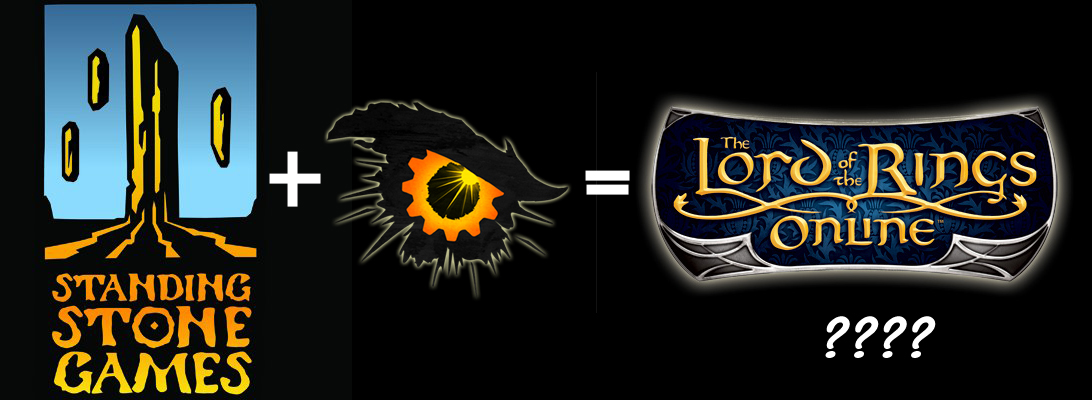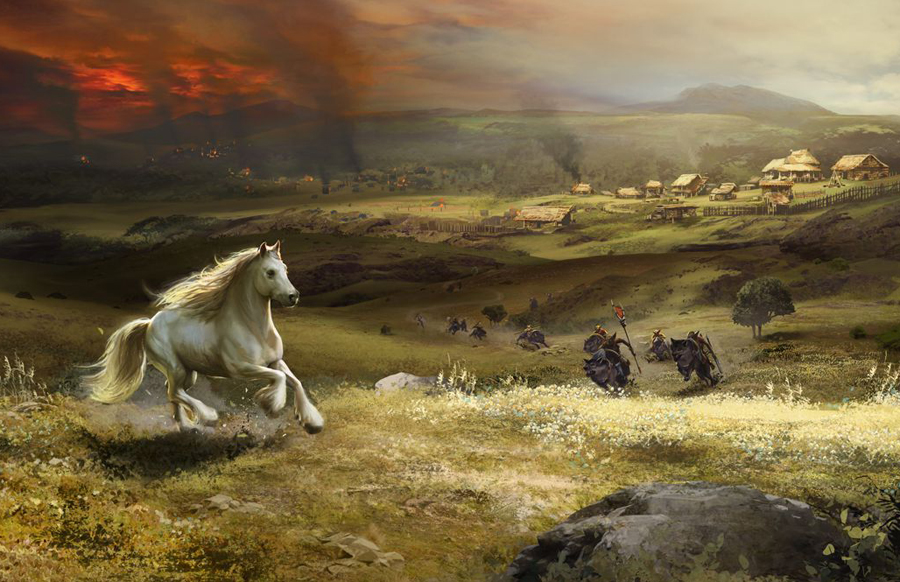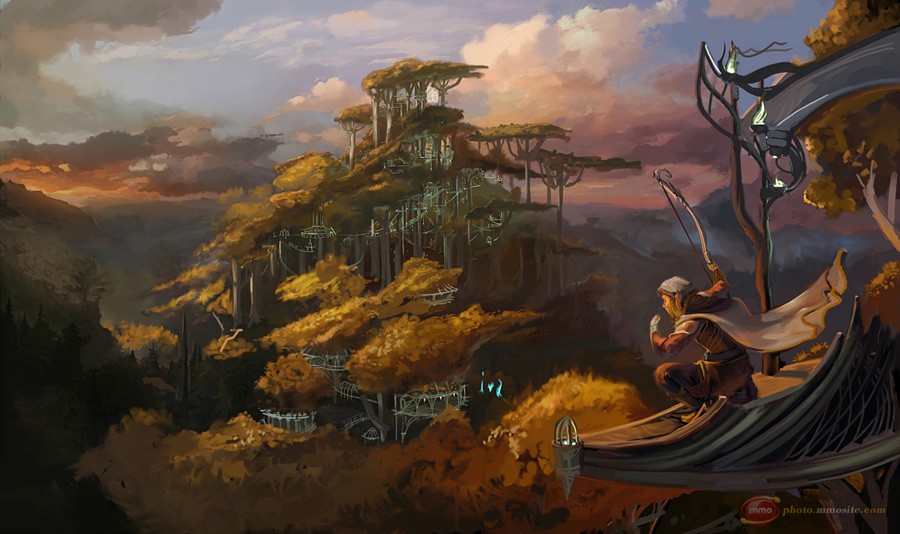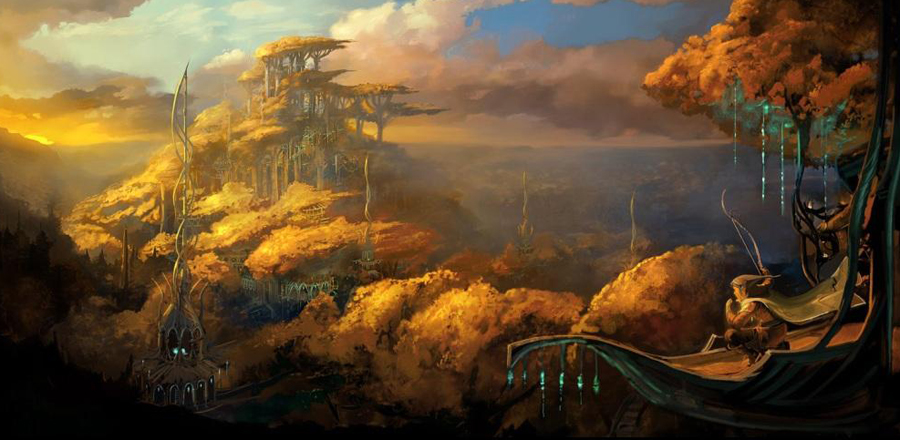
The Future of LOTRO is with Standing Stone Games
So earlier this week, news broke about LOTRO that most of us couldn’t foresee. A new company called Standing Stone Games spun off of Turbine, and with them went both Lord of the Rings Online and Dungeons & Dragons Online.
Going Indie
Heavy speculation ahead!
We’ve probably sensed for a while that MMOs were getting the cold shoulder from Turbine. They wanted to make their presence felt in the mobile industry because… you know… that’s where the “quick” money is, apparently. Their stable of MMOs were aging, and probably cost them more than they’d like to keep running.
The developers who have years and years of MMO experience may have prefered to remain developing the MMO world they have nurtured for many years. They may have needed to learn a whole new skillset to make a switch to mobile design and development. That may not even be where their interests are. Just because you have a dev team doesn’t mean they want or should be a mobile dev team.

So, it makes sense to me then, that rather than shelfing LOTRO and DDO, the developers who love those games are given ownership of them, and they break away from Turbine, who wants to go in a completely different direction. To me, it sounds like a win-win. The games keep running (hopefully), the team gets to work on what they love, and Turbine gets to make its quick-money-whatever-apps that I have no interest in.
I know it’s not all that simple. But after reading the developers’ own words on the forums, (they all seem ecstatic about the move), I actually feel more hopeful for the future of the games than I did with them under Turbine’s thumb.
A History with LOTRO
I only played DDO very briefly after it went free to play. But I have a much longer history with LOTRO. I was a beta tester, back on Brandywine, where all my characters still reside today. I still have several characters that I rolled during open beta to save their names before launch, even.
The first year, I played a bit, then put the game down a bit, and didn’t get serious about it until the first year anniversary. They were offering the Lifetime deal again, and I decided to take the plunge. I’ve never regretted the Lifetime membership, especially after the game went F2P. It’s one of the few reasons why the game is still installed on my laptop.

I did put thousands of hours across many alts into the game, though it’s not apparent because that was long before I started this blog. After they re-worked all the skill trees, I just sorta floated off to other games. I’ve still never made any sense out of the trees and legendaries and all that stuff.
Dat Daybreak Doh!
So, the elephant in the room. Daybreak games has become the publisher.
I’m seeing a lot of confusion and freak-out on this detail. Trust me, I did a double take, too. I didn’t know that Daybreak was into the publishing business, especially since their own games seem to be on dubious grounds sometimes.
Now, some people immediately think this means Daybreak owns Standing Stone Games, or some part of LOTRO, or they’re going to have direct input into how the future of LOTRO is shaped. We don’t know for sure how much input Daybreak will have on the situation, but I want to reiterate.
Daybreak is the publisher. Not the developer.
Let’s look at the definition of video game publisher:
A video game publisher is a company that publishes video games that they have either developed internally or have had developed by a video game developer. …video game publishers are responsible for their product’s manufacturing and marketing, including market research and all aspects of advertising.
They often finance the development, sometimes by paying a video game developer (the publisher calls this external development) and sometimes by paying an internal staff of developers called a studio. The large video game publishers also distribute the games they publish, while some smaller publishers instead hire distribution companies (or larger video game publishers) to distribute the games they publish. Other functions usually performed by the publisher include deciding on and paying for any licenses used by the game; paying for localization; layout, printing, and possibly the writing of the user manual; and the creation of graphic design elements such as the box design.
It sounds to me like Standing Stone Games wants to focus on development and not marketing. That’s probably a wise idea. Is handing that duty to Daybreak a good idea? I guess we’ll find out!
The Future of LOTRO
I don’t know how it’ll all pan out in the end, but I can tell you that I’m going to be keeping a close eye on LOTRO in the future. I’m very interested where an indie team will take this old game. In fact, I’m more interested in playing it and supporting it due to this move. I’ve even reinstalled it on my desktop (though I’m still confused as all get-out about those skill trees).

I’m hearing whispers that the team might look into revamping their character models… which would be fantastic, IMHO. It’s really difficult for me to come back to LOTRO after playing games with awesome character models, like GW2 and FFXIV. It’s an immediate turn-off for me, especially given how lovely the rest of the world still looks.
I’d have a lot to sort through if I came back to LOTRO after having been away for all these years. In fact, I have a whole expansion or two that I bought with TP LOTRO Points that I’ve never even touched. Which one was that again… Riders of Rohan? Yeah. I always wanted to try out the war horses. Just never got past Isengard on any of my characters.
Maybe in 2017.